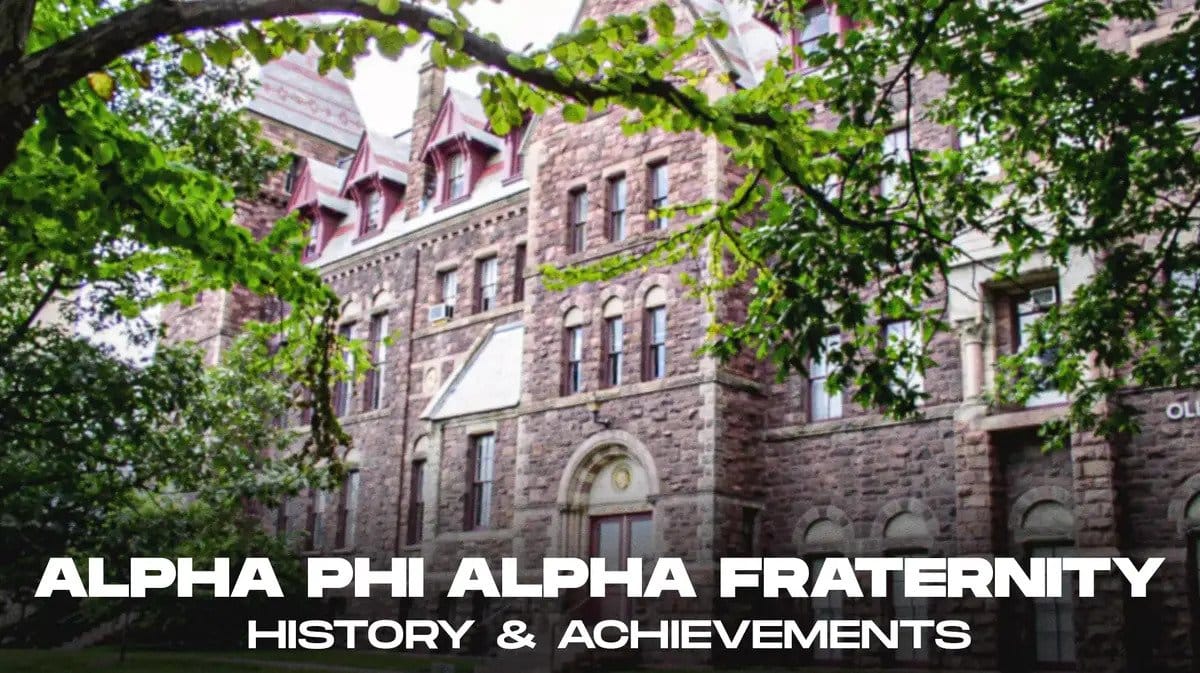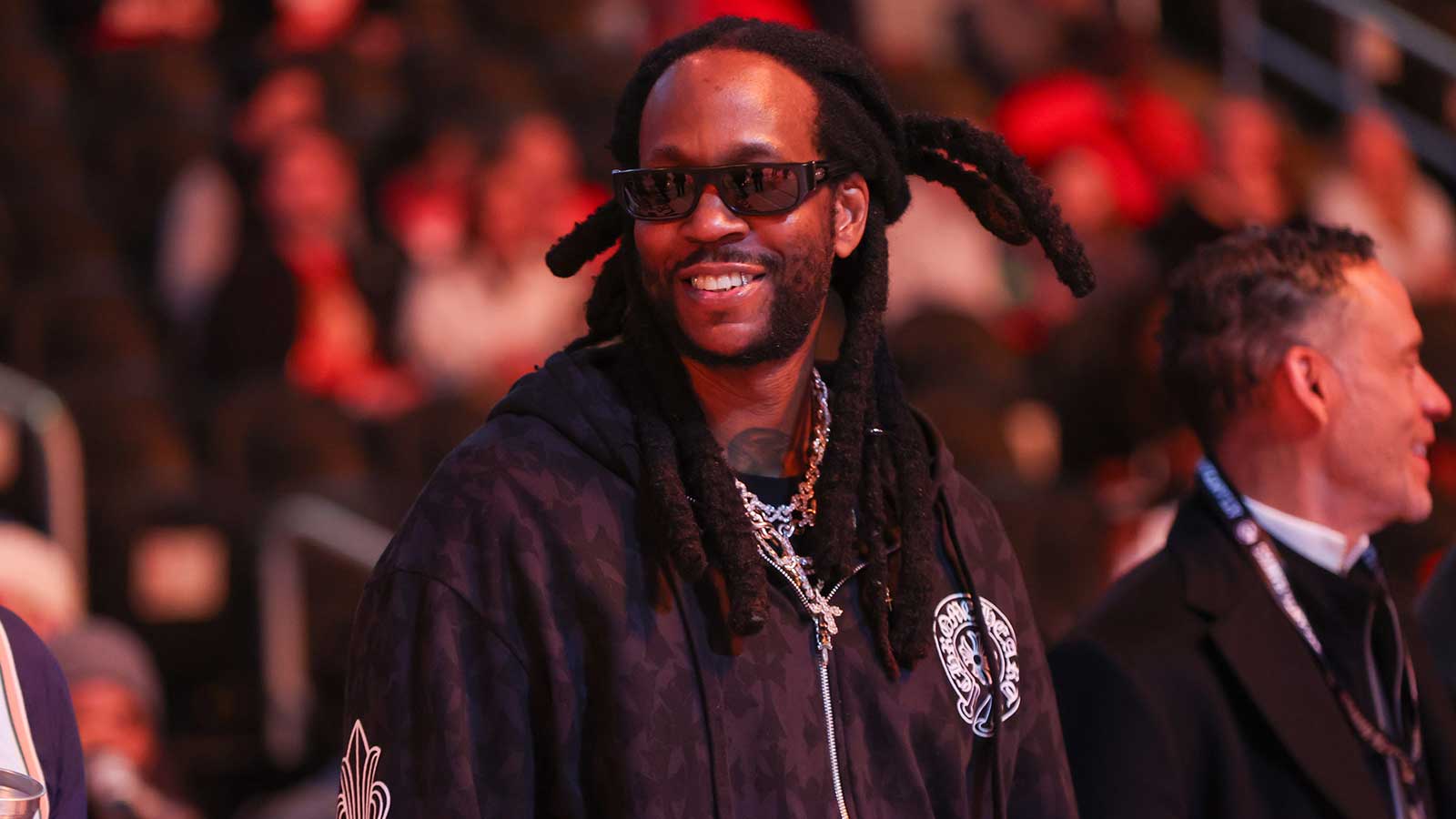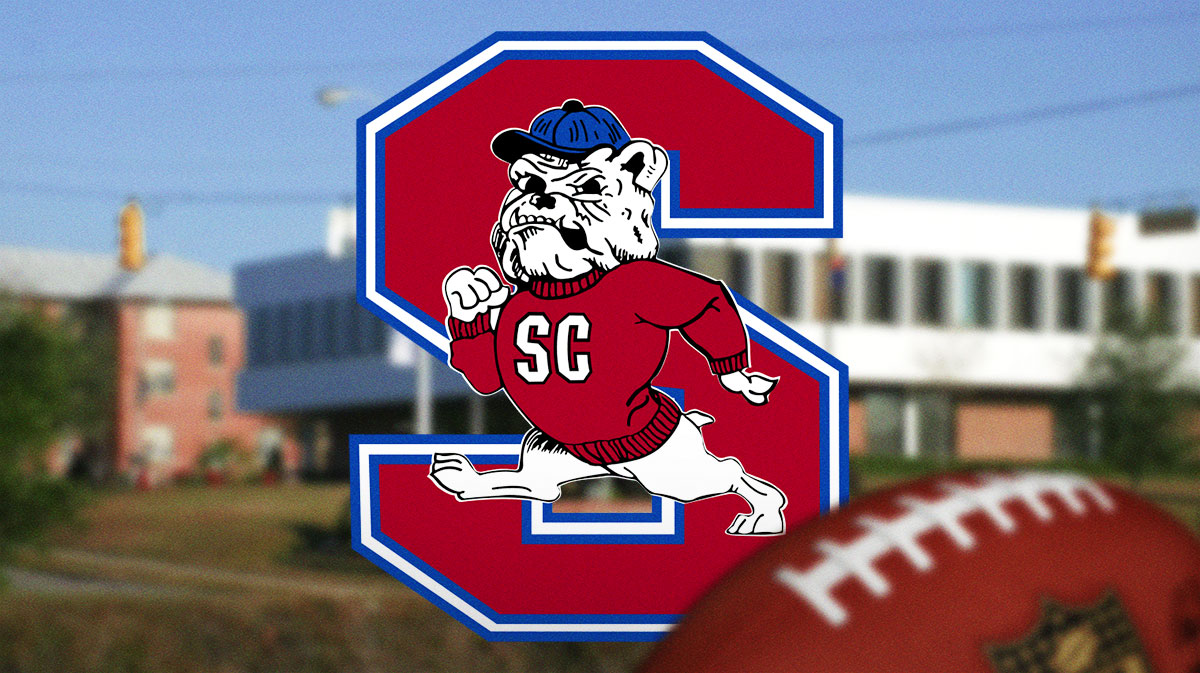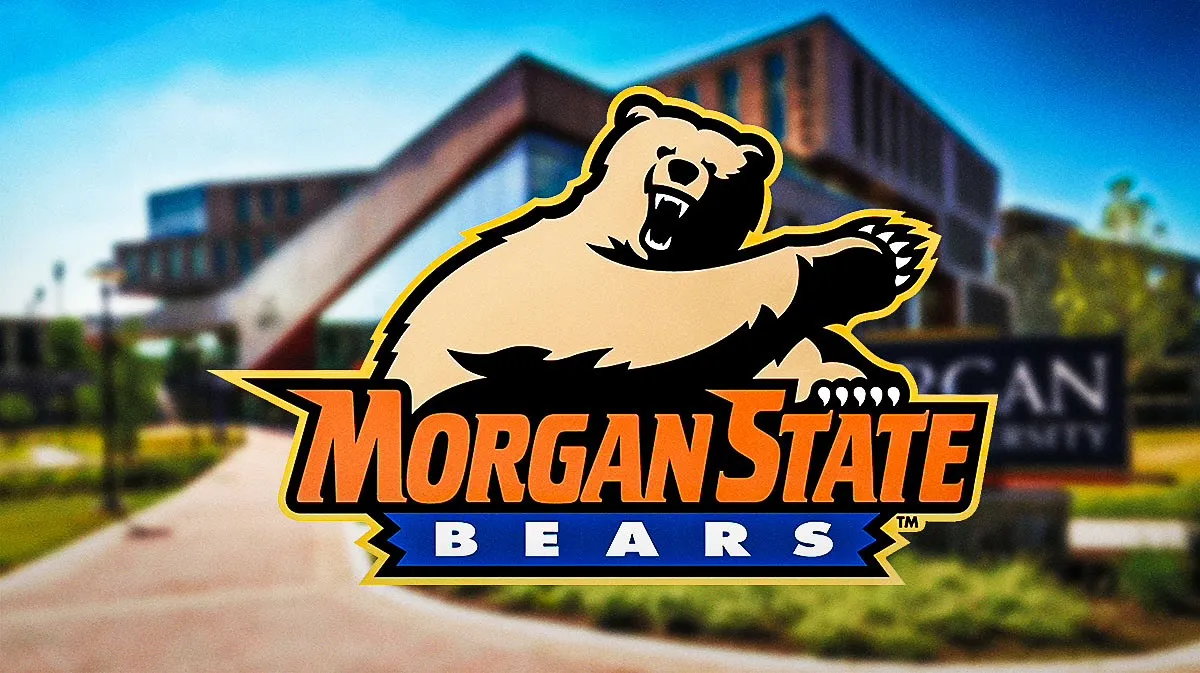Happy Founder’s Day to the men of Alpha Phi Alpha Fraternity Incorporated! Celebrating 117 years of scholarship, fellowship, good character, and the uplifting of humanity. These “Men of Distinction” have been dedicated to serving their communities since 1906, especially through education. Showing some love to the “Oldest and the Coldest” frat there is, let’s get into the history of Alpha Phi Alpha Fraternity Inc.
An Ice-Cold Tuesday
Alpha Phi Alpha Fraternity Incorporated was founded on December 4, 1906, on the campus of Cornell University in Ithaca, New York by seven undergraduates: Henry Arthur Callis, Charles Henry Chapman, Eugene Kinckle Jones, George Biddle Kelley, Nathaniel Allison Murray, Robert Harold Ogle, and Vertner Woodson Tandy.
The certificate of incorporation for the fraternity was filed and recorded in the office of the Secretary of the State of New York on January 29, 1908. The fraternity was incorporated for a second time on April 3. 1914, under the laws of the District of Colombia. The purpose of the fraternity was declared to be “educational and for the mutual uplift of its members.” Alpha Phi Alpha Fraternity Inc. is the oldest Black Greek-letter organization and the only Black Greek-letter organization founded at an Ivy League school.
National Programs
With the motto “First of all, Servants of, We Shall Transcend All”, the men of Alpha Phi Phi are committed to providing service to their communities and their charge to their membership. Alpha Phi Alpha has adopted several national programs and special initiatives to assert its mission of serving the community. The program “Brother’s Keeper” was developed to improve the quality of senior members of the fraternity as well as their spouses and widows. Also, members that have retired and have disabilities or ailments as well as vulnerable community members.
A Voteless People is a Hopeless People is a national program that dates back to the 1930s. This national program is dedicated to voter education and registration, delivered mostly through town meetings and candidate forums. Political awareness and empowerment were added as part of the program’s initiative in the 90s. The Go-to-High-School, Go-to-College program highlights the importance of completing secondary and collegiate education as a road to advancement.
Project Alpha is a collaborative project designed to provide males ages 12-15 years old with education, motivation, and skill-building regarding issues of responsibility, relationships, teen pregnancy, and sexually transmitted diseases. Members hold a series of workshops and information sessions to provide young men with current and accurate information about teen pregnancy prevention.
Their special initiatives include Big Brothers/ Big Sisters of America, Boy Scouts of America, College Life to Corporate Life Initiative (C2C), Leadership Development (LDI), the Peace Corps, and the World Policy Council.
The Oldest & The Coldest
Not only is Alpha Phi Alpha the oldest fraternity within the Divine 9 it is also the largest. Since its founding Alpha Phi Alpha has charted 414 college chapters and 369 alumni chapters. The fraternity has over 290,000 members worldwide. Alpha Phi Alpha currently has 686 active chapters located in the United States, Germany, Bermuda, Korea, the Virgin Islands, the Bahamas, and Canada. Notable members include Dr. Martin Luther King Jr., Thurgood Marshall, Duke Ellington, Hill Harper, and Stuart Scott
In honor of Founder’s Day, we asked some members what they loved most about their fraternity here are some of the answers:
“I love what my frat represents because I have seen brothers take our core values and do their best to instill them in the next generation. My mentor who is like a second father to me is the man who introduced me to fraternity life and helped set the standard of how becoming a brother of Alpha Phi Alpha means becoming a leader that people want to follow. It’s because of him that I don’t believe in the stereotypes that people hold on Greek life.”
– Adrien Passè, Virginia State University, Spring 18
“I can say as a member of Alpha Phi Alpha the one thing that stood out that made me fall in love with my organization is really how we promote manly deeds and scholarship and love for all mankind. My organization helped me find a better version of myself. It also made me realize the importance of how to inspire the youth, and also improve our communities. I was always big on being a leader and being a role model. Also, seeing the Alphas at my school when they came back to the yard, that’s what stood out to me. That’s what really made me fall in love with my organization.”
– Ashton Jenkins, Virginia State University Spring 20
“My favorite thing about Alpha Phi Alpha is the leadership traits. Since I was a child, I have always been surrounded by men of Alpha and as I grew older into my adulthood, I considered myself a leader and made that a part of my mission while working with the youth. I want to be the leader that I needed as a child and continue to make an impact in lives the way I needed as a child.”
– Tyrus Taylor, Virginia State University Spring 18
“What I love most about my frat is of course the historical background. Being the first, defying all odds, and setting the standard for organizations and generations to come of men who represent service, brotherhood, and being a light towards the community. Also, just the memories of just being with your brothers and sharing those moments that will stand the test of time. Regardless of whether it was a step show, community service, or even just chapter meetings. These are all great things that I learned from my chapter and the frat as a whole.
– Ezra McNeill, Virginia State University Spring 18
“I would say the thing I love most about my fraternity is the drive for greatness and to inspire greatness that can be found in its members and at its core. On an interpersonal level, Alpha has afforded me a number of connections, both casual and professional. As I have traveled since my joining the organization, I have forged connections that have been a boon towards my aspirations. It has put me in contact with people I would not have otherwise met, be they other alphas, other greeks, or the general population.”
– Carl Johnson, Virginia State University Spring 20




















